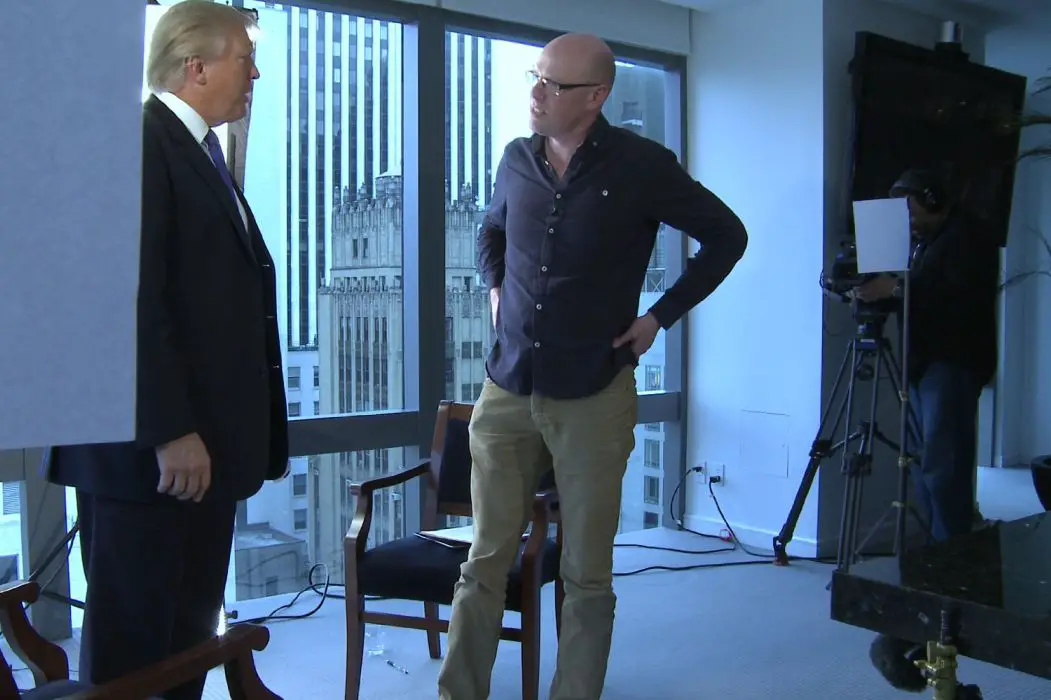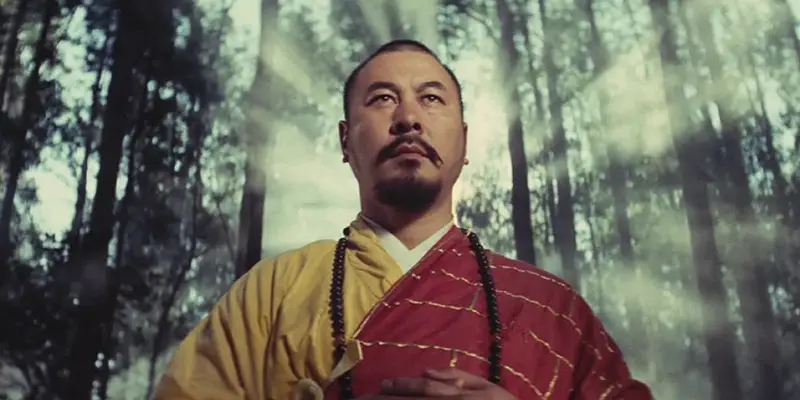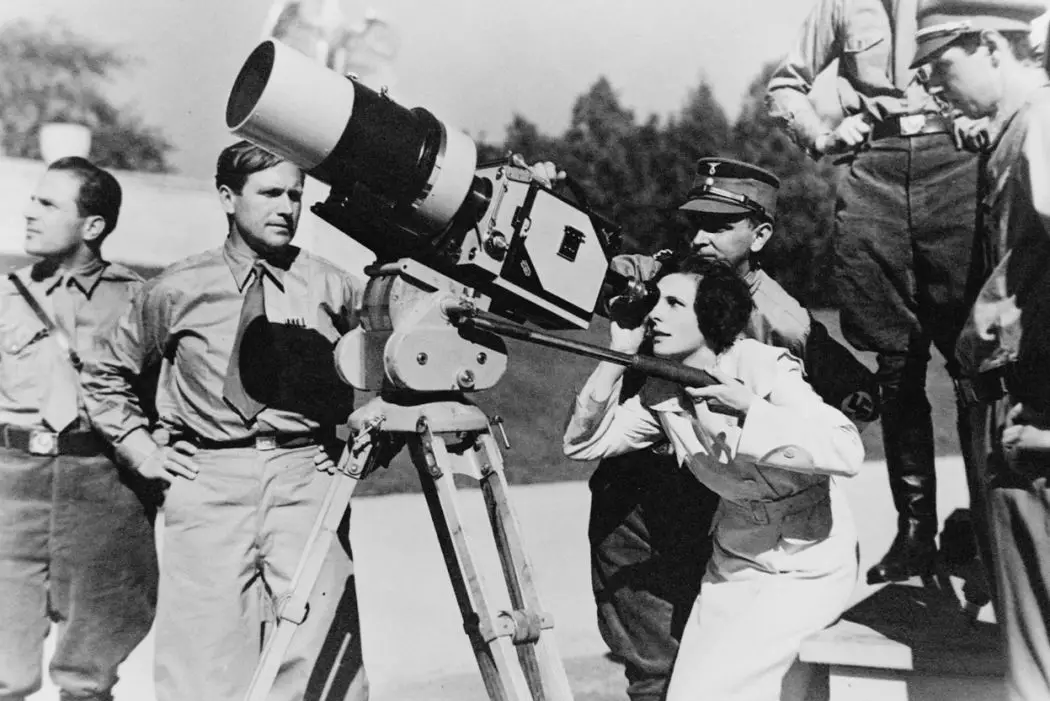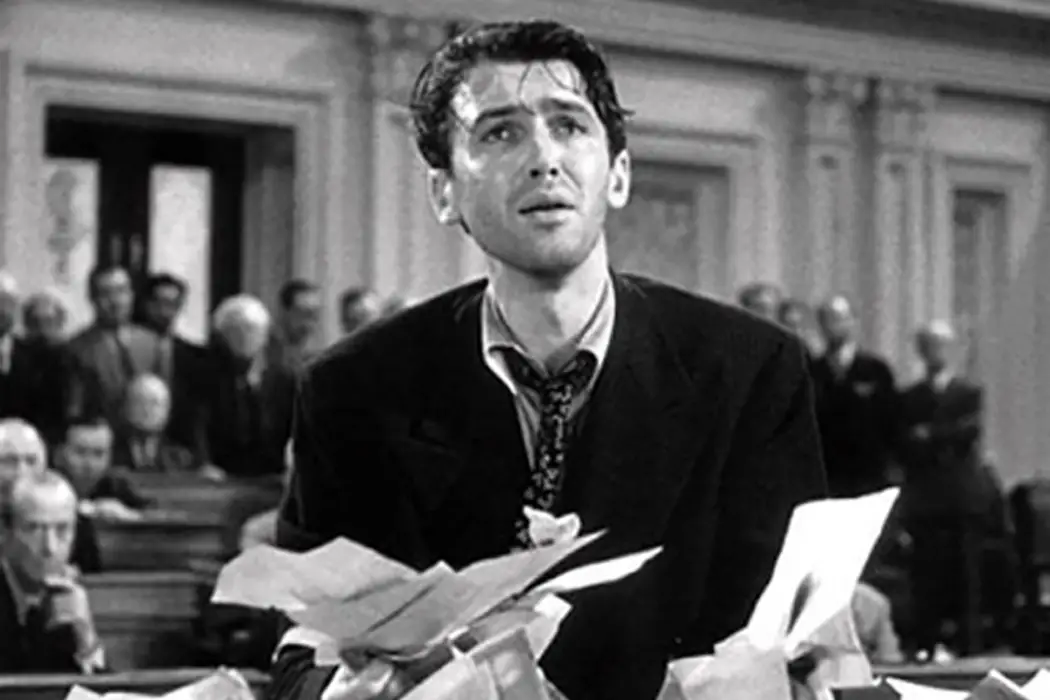politics

Made while studying at the Royal Welsh College of Music and Drama (in Cardiff, Wales) Charlie Gillette and Jack Archer’s film, These Things Never Last, is inspired by the all to scary political zeitgeist. While we have moved leaps and bounds in terms of rights and justice for people of both sexes, all races, and the widening range of sexualities and gender identifiers, a great pool of bigotry remains. This bigotry is cloaked in ideas about job security for our nations, concern over rising crime, and raised taxes.

Imagine waking up from a coma and finding out that one of the nominees in the 2016 presidential election was a thin skinned egomaniac, with a penchant for airing his racist, misogynist and ableist views (and a platform that allows for homophobic views to boot). Imagine if you found out that he’d already set a precedent for his appalling behaviour, yet he was still inexplicably marching towards success, planning to grab the American electorate by the pussy. Having this news broken to you as your comatose body reanimates and prepares for a life in a new, quasi-dystopian future, is the only way you are likely to be shocked by any of Donald Trump’s antics.

In 2013, Ken Loach seemed destined to enter the pantheon of filmmakers who bow out with a movie that was, at best, inconsequential to the hard hitting filmography that came before. His proposed final film was 2014’s Jimmy’s Hall, a film about the tensions between the Catholic Church, local government and the vibrant youth culture of 1930’s Ireland. For one of the most important British filmmakers of all time, bowing out with a period piece that paid more than a little narrative debt to Footloose ensured underwhelming results.

Preservation of the environment shouldn’t be a political issue, let alone a controversial one. Yet the right wing governments of the western world are frequently abandoning environmental and climate change issues, even building entire grand-standing platforms on how the entire act of climate change is a mere myth. The masses no longer trust “experts”, no matter how many facts they have on their side about the devastating realities of our changing environment.

There currently is a radical change in our political landscape. The United States has drawn worldwide attention on the upcoming decision between Hillary Clinton and Donald Trump for the position of President. The United States is not the only country, either, as Austria is facing a similar conundrum.

In two months time, the world could have already adjusted to the news that Donald Trump has been named the 45th President of the United States. Trump’s entire presidential platform has been built on two things: the first is a disrespect for taste and decency, building an entire campaign around gaffes that would see any other politician deemed unfit to be a part of the establishment, let alone be crowned leader of the free world.

The new Criterion Collection release of A Touch of Zen includes director King Hu’s own notes on the film. In these notes, Hu discusses a conversation he had with a Zen Buddhist who told him that Zen must be understood not through verbal explanation, but through an enlightening experience. Despite his renown as a director of wuxia films, Hu was neither a Buddhist nor a martial artist; but, he believed that capturing an experience of Zen would make for a strong film.

As a society, recent events have left us more divided than ever. The people on one side of this socio-political argument are trying to undermine unrepresented voices in the culture by calling for a cry back to the “good old days” and using hateful rhetoric in order to get what they want. The other side are being labelled as mere “liberals” with a politically correct agenda that isn’t attuned to the desires of the majority of people.

Back in 2013, a prestigious ballet director from the Bolshoi Theater named Sergei Filin was attacked outside his house, and acid was thrown into his face. He suffered third degree burns all over his face and down his neck and was left blind in one eye. After an investigation, it was discovered that a dancer of the Bolshoi paid the perpetrator; the motive was in reference to the casting of Swan Lake in which Filin was responsible.







